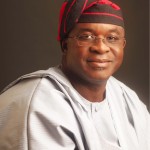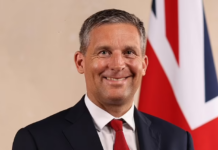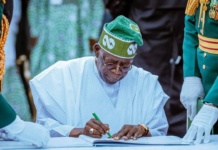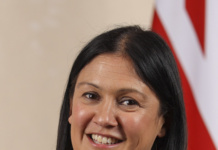By Milton Tella, London: Constitutional crisis is brewing in Nigeria as the stalemate over budget 2013 continues; observers and commentators are wondering why the provision of the constitution on the application of veto power by the legislators at both arms of the National Assembly is not enforced.
The law requires that if the Bill is not signed into law within the mandatory 30-day grace after it is sent to the President, the National Assembly can veto (override) it.
“Where the President, within 30 days after the presentation of the bill to him, fails to signify his assent or where he withholds assent, then the bill shall again be presented to the National Assembly sitting at a joint meeting, and if passed by two-thirds majority of members of both houses at such joint meeting, the bill shall become law and the assent of the President shall not be required”.
The Presidency maintained that President Goodluck Jonathan’s delay in assenting to the 2013 budget is in the national interest, just as efforts are ongoing to clear the grey areas that have arisen in the document.
The president this week continued with meetings on the budget with the leadership of the National Assembly, with no word on when the budget will be signed.
Those at the meeting with the president were Senate President David Mark, Speaker of the House of Representatives Aminu Waziri Tambuwal, Minister of Finance, Dr. Ngozi Okonjo-Iweala, Minister of Transport, Senator Idris Umar, Special Adviser to the president of National Assembly Affairs, Senator Joy Emordi, and Director General, Budget Office, Bright Okongwu.
Speaking in Abuja to State House correspondents at the post-Federal Executive Council (FEC) meeting, the Special Adviser to the President on Media and Publicity, Dr. Reuben Abati, explained that government was intent on finding the best deal possible for the people on the budget.
He said it “is all about making sure the best is done in the interest of Nigerians,” adding that the position of government on the issue was predicated on the submission of the Minister of Finance and Coordinating Minister of Finance, Dr Ngozi Okonjo-Iweala.
The Presidency spokesman noted that there were grey areas in the document that needed to be cleared but assured that once this critical stage was crossed by the two arms of government, the president would sign the budget.
Abati said since the issued involved two arms of government there would be the need for clarification but he regretted that the media appeared to present the false impression of conflict or territorial breaches.
According to him, “On the issue of the budget, the position remains the same as articulated previously by the Minister of Finance that there are grey areas in the document that are being discussed by the Executive and the Legislature and that once these are clarified, the budget will go to the next stage.
“So, there is no problem, although some of the reports in the media are trying to insinuate whether there is a conflict or problem.
“Where there are two arms of government involved in something as strategic as that, there will be need for clarifications and consultations to ensure that the overriding objective should be in the best interest of Nigerians, to ensure that what comes out is a budget that serves our interest.
“This is not about conflict or territorial friction, it is all about making sure the best is done in the interest of Nigerians.”










